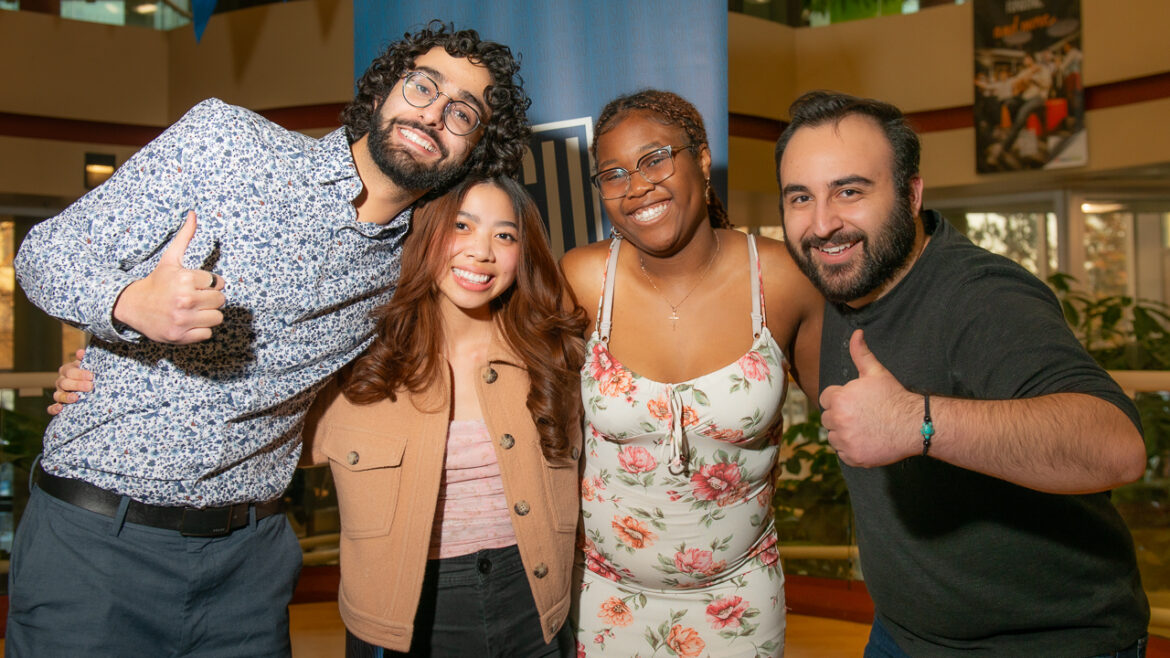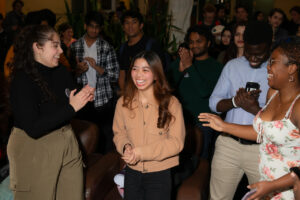ABOUT THE STUDENTS’ UNION
The Students’ Union (SU) is one of the leading undergraduate student associations in Canada. We are a not-for-profit organization that works to ensure that University of Calgary undergraduate students have the best possible university experience through advocacy, representation, and providing valuable on-campus services and programs. We also manage several businesses within the MacEwan Student Centre including a restaurant and bar, two concert venues, a convenience store, a used bookstore and copy centre, and the MacEwan Conference & Event Centre.
We’re in the business of student leadership, and so SU staff are all teachers in some capacity. We coach, mentor, and work alongside the elected members of our student government to help them develop skills and make good decisions for the organization. As such, the SU is a nimble and leading-edge organization that can pivot quickly to address emerging issues and trends.
The SU offers all our employees a competitive, market-determined salary. Our benefits, though, tend to exceed the market. These include:
- Five weeks paid vacation, to start
- Unlimited paid sick time
- A six percent RRSP matching program
- Full health and dental benefits plus a health spending account
- A mission-driven culture that values work-life balance, diverse experiences, and kindness
People love working for the SU because we care about our employees and empower them to thrive and succeed. The result is a very low turnover and a long-serving staff who are passionate about what they do. If you’re tired of being treated like a cog in a machine and want to do something that matters without sacrificing your home life, the SU might just be the right fit for you.
POSITION SUMMARY
Reporting to the Manager, Student Services, the Coordinator, Administrative Services (CAS) serves as the primary staff support person for elected student representatives. They manage the schedules of the President and three Vice-Presidents (the Executive) and provides general administrative support to the Executive and the Student Services department.
The CAS provides support for official bodies of the Students’ Legislative Council (SLC) including the Operations and Finance Committee and the Programs and Services Committee. Due to the annual turnover of elected representatives to the SLC, the CAS plays a key role in the administrative orientation of newly-elected officials, and ensures administrative files and history are maintained and effectively communicated.
The CAS is accountable for the effective coordination and continuity of several ongoing services and programs in support of the Students’ Union mandate to provide assistance to students in need, including the Hardship Fund, and SU Conference Fund.
The position also supervises the work of the Student Support Assistant (a full-time position responsible for overseeing the reception and common areas of the main SU office).
SALARY
For this position, the hiring range is $42,500 to $47,000 and the offered salary will be negotiated based on a candidate’s relative experience. As a not-for-profit organization, it is extremely unlikely that we will be able to offer a successful candidate a salary outside of this range.
KEY RESPONSIBILITIES
- Provides day-to-day administrative support to the Executive and Director, Student Services.
- Coordinates and manages the schedules of the Executive including organizing and scheduling meetings, appointments, travel, conferences and other organizational activities.
- Organizes travel and conference requirements for the General Manager and members of the Student Services department.
- Types correspondence and reports and maintains a collection of administrative records and information on site and in archives, in hard copy and electronic format.
- Coordinates meetings for the Operations and Finance Committee, SLC and various sub-committees of SLC, including booking rooms, creating and distributing agendas, distributing relevant documentation, taking minutes, maintaining the electronic records, posting necessary documentation online, and expediting the flow and tracking of information and action items. Manages departmental, sub-committee and SLC records.
- Coordinates the administrative orientation of newly-elected student representatives including updating the SLC and Executive Modules, meeting with all new officials to convey organizational information, distributing materials related to office services, and assisting with completion of all new member paperwork.
- Provides ongoing counsel and support to elected officials regarding administrative and operational policies and procedures.
- Assists with the development and administration of departmental activities and budgets as well as maintains and tracks several budget control journals.
- Executes the monthly SLC honoraria process by collecting reports, verifying meeting attendance, liaising with payroll and ensuring the SU website is up to date.
- Oversees the SU Conference Fund, the SU Tutor Registry, the Partnership program, the SUPERWork program, and the Hardship Fund, including reviewing and accepting applications, communicating with applicants, assisting the relevant Executives with their duties, reconciling receipts and dispersing funds.
- Oversees the work of the Student Support Assistant and provides support for front desk activities with occasional back-up coverage, arranging for temporary staff and overflow assistance related to reception (providing information and direction to a variety of visitors including students, university faculty and staff, tenants, off-campus customers and the general public).
- Provides administrative support for the Quality Money program, including receiving applications, reviewing committee meeting minutes, accepting and reviewing reports and assisting project holders with questions.
- Provides ad hoc administrative assistance to the General Manager as required.
- Performs other duties as required.
REQUIRED COMPETENCIES
- Strong administrative and technical proficiency to support the daily administrative requirements of the Director and Manager, Student Services, Executive and committees.
- Solid organizational skills to manage schedules, travel arrangements, and Executive meeting requests.
- Excellent governance coordination abilities to maintain SLC records and ensure effective management of the organization’s records.
- Exceptional time management and multi-tasking skills to meet daily work deadlines in a busy environment, as well as managing ongoing project commitments, and handling emerging priorities.
- Well-developed written and verbal communication skills, including comfort with public speaking, to ensure self and others have a clear understanding of plans, activities, issues and other relevant information, and to ensure information is shared in an effective and collaborative manner.
- Demonstrated influencing and mentorship skills to provide orientation and ongoing guidance to elected officials towards ensuring goals are achieved with positive outcomes.
- Superior interpersonal skills to interact positively and professionally with students and staff as well as members of the university and external community.
- Refined judgment and discretion to manage sensitive and confidential organizational and student information.
QUALIFICATIONS
Minimum Requirements: University degree or college diploma, with a minimum of two years of relevant administrative and/or program management experience including support at the executive level.
Previous experience working within a post-secondary educational environment is preferred. A background working with community or non-profit boards and/or student groups would be an asset.
For more information, check out the position description.
LOCATION
This a fully in-office position at the University of Calgary’s main campus.
HOW TO APPLY
Please send a resume and cover letter to resumes@su.ucalgary.ca. We are accepting applications until August 2, 2024, or until we find the right person. We’re hoping to interview candidates and make a decision in mid to late June.
STATEMENT ON EMPLOYMENT EQUITY, DIVERSITY, AND INCLUSION
The Students’ Union is committed to ensuring that members of equity-deserving groups, from a broad range of communities, feel empowered to apply for positions within the organization. We strongly encourage qualified candidates from Black, Indigenous, and/or other racialized communities to apply. Qualified candidates who identify as 2Spirit and/or LGBTQIA+ or are otherwise marginalized on the grounds of gender expression, gender identity, and/or sexual orientation are also strongly encouraged to apply.
The Students’ Union welcomes applications from people with disabilities and believes strongly in accessibility in the work we do. Accommodations are available on request for candidates taking part in all aspects of the selection process – please advise us at any point and we will work with you to meet your needs while respecting your privacy as much as possible.
The Students’ Union is grateful to work on the traditional territories of the people of the Treaty 7 region in Southern Alberta, which includes the Blackfoot Confederacy (comprising the Siksika, Piikuni, and Kainai First Nations), the Tsuut’ina First Nation, and the Stoney Nakoda (including the Chiniki, Bearspaw, and Goodstoney First Nations). The City of Calgary is also home to Métis Nation of Alberta, Region III. The University of Calgary is situated on land adjacent to where the Bow River meets the Elbow River, and the traditional Blackfoot name of this place is Moh’kins’tsis, which we now call the City of Calgary. The Students’ Union also recognizes that land acknowledgments are not enough. We need to pursue truth, reconciliation, decolonization, and allyship in an ongoing effort to make right with all our relations.




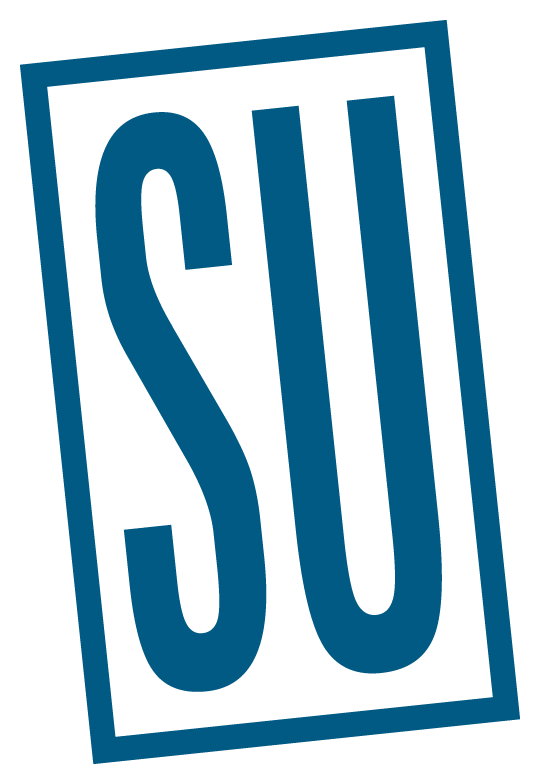
 NAOMIE BAKANA
NAOMIE BAKANA
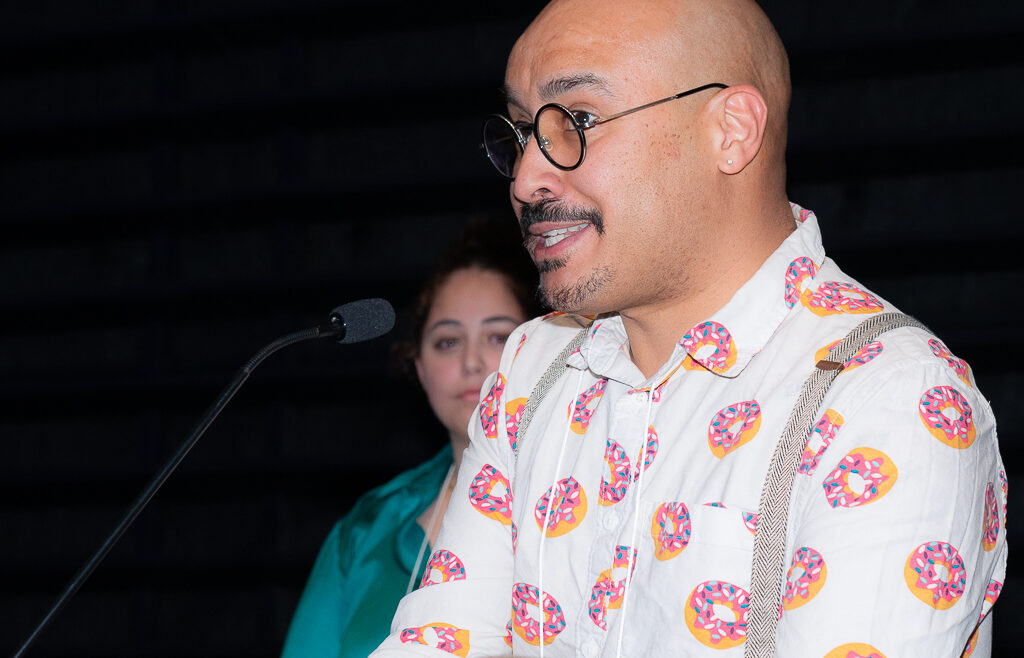
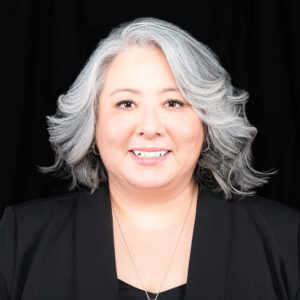
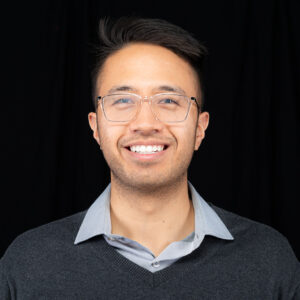
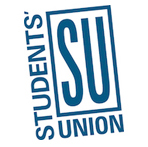 Hello UCalgary,
Hello UCalgary,